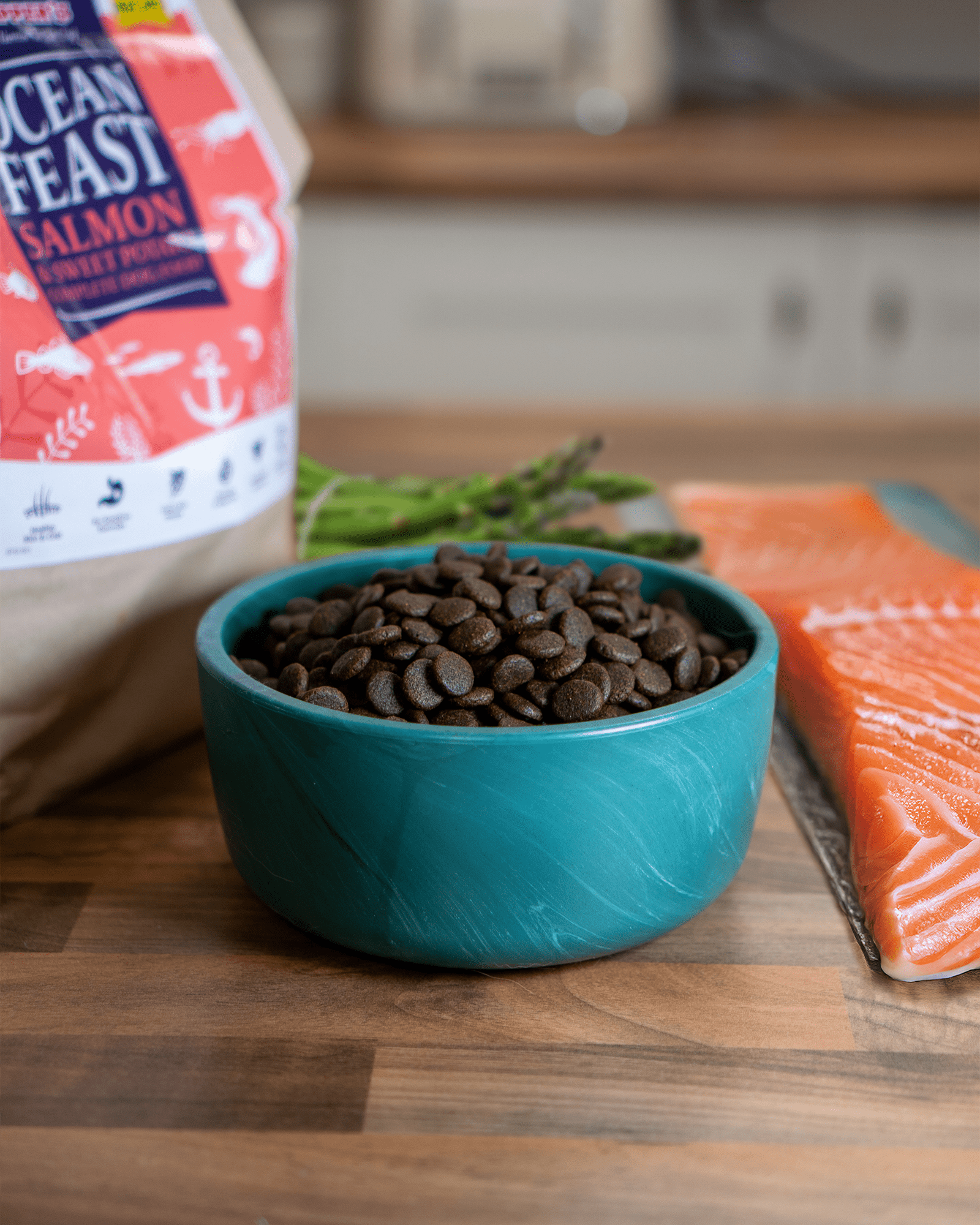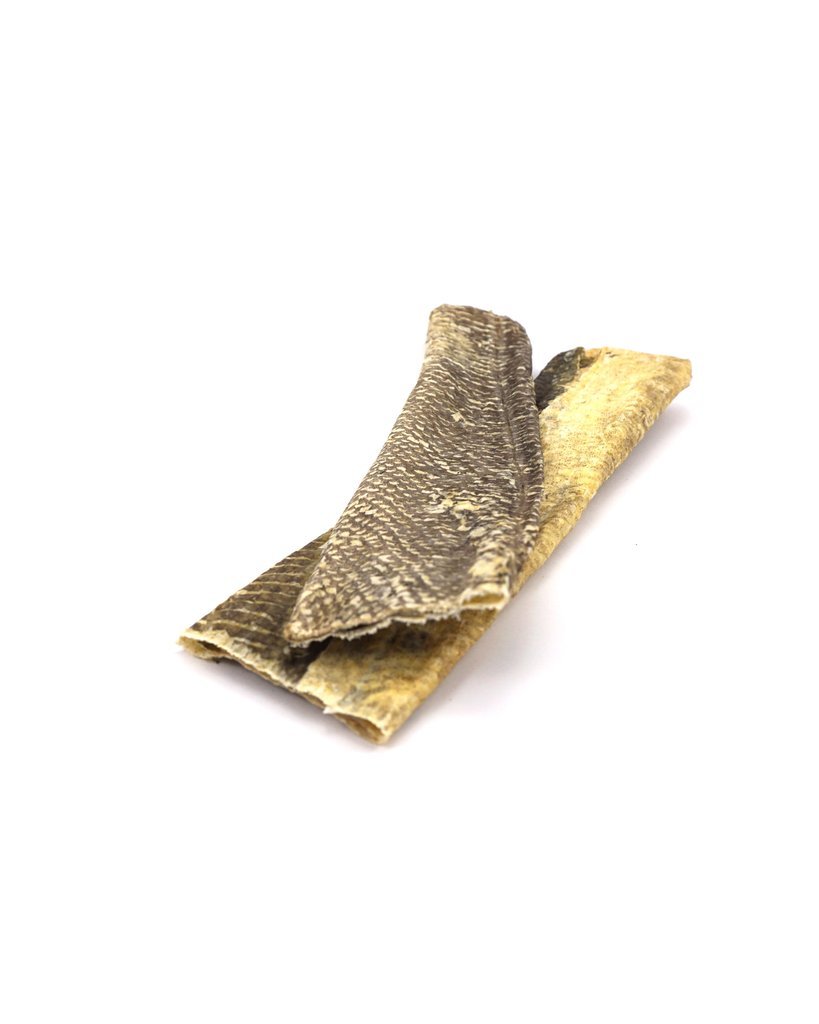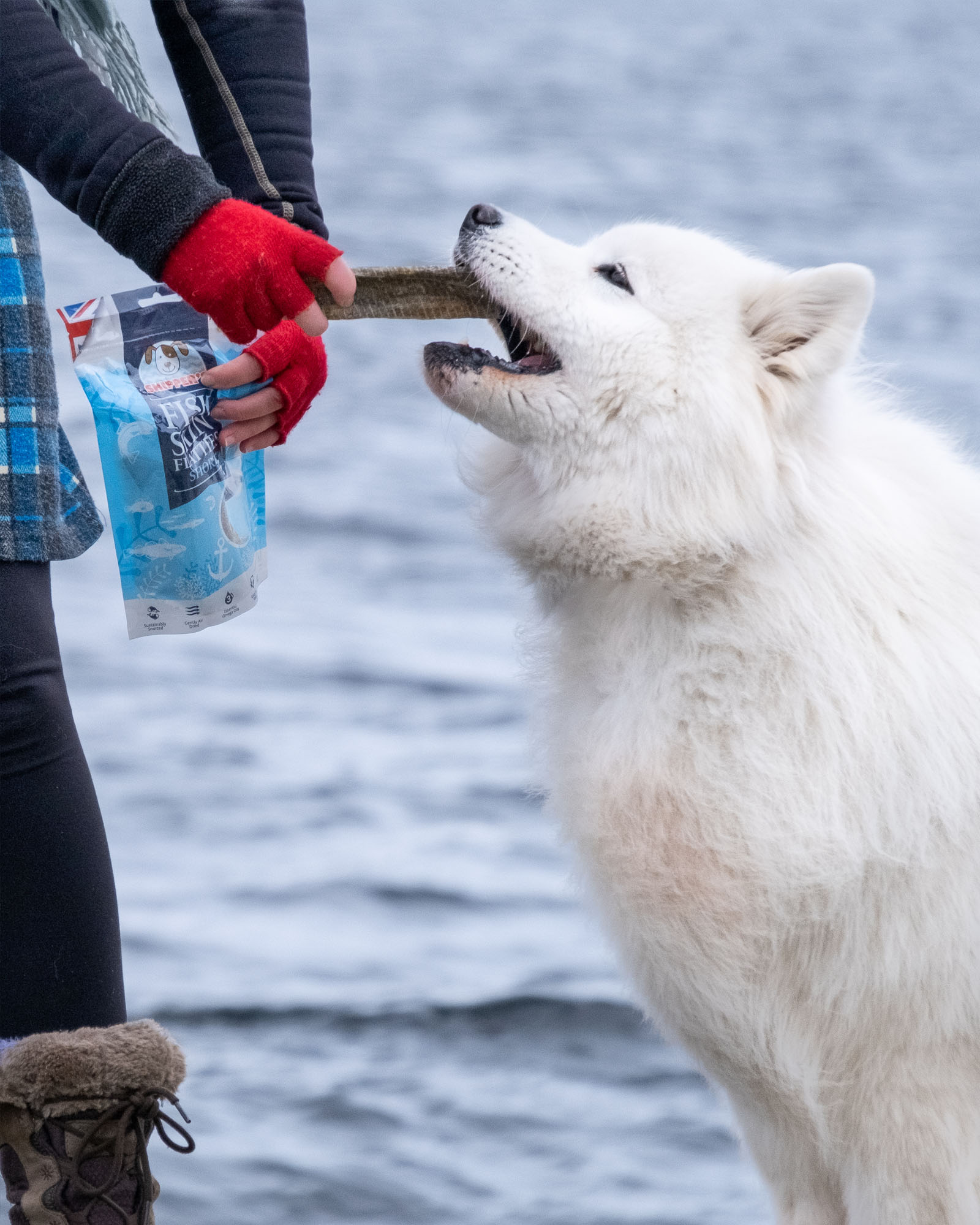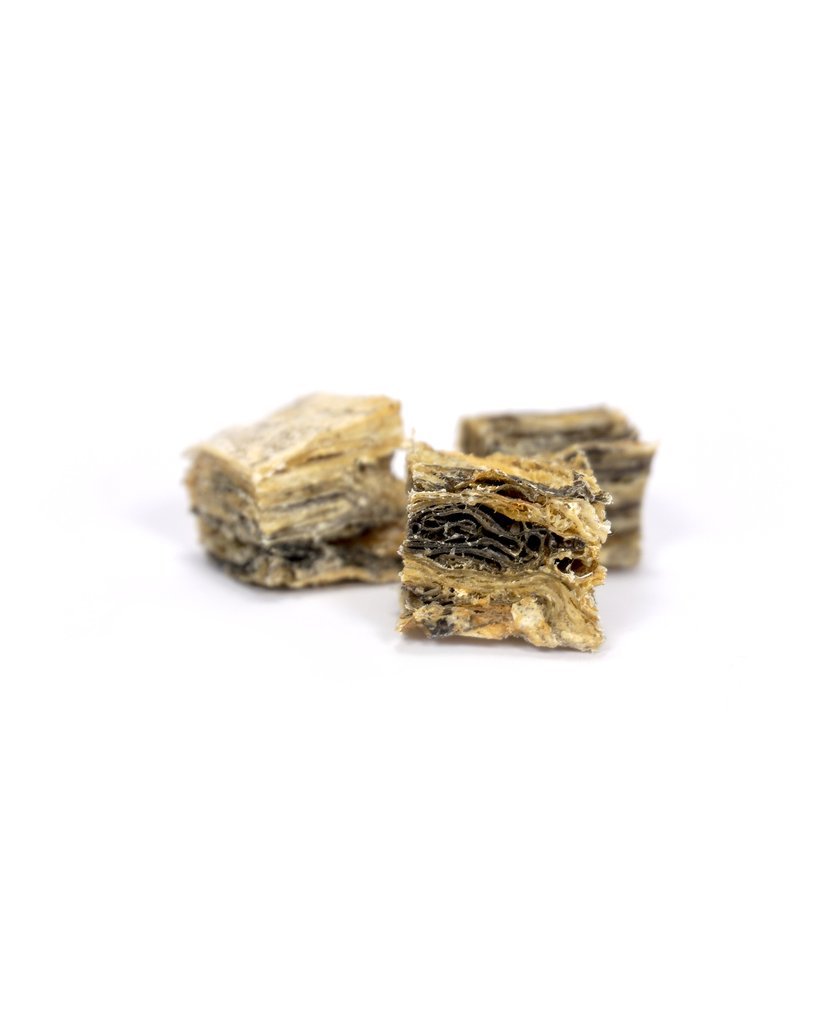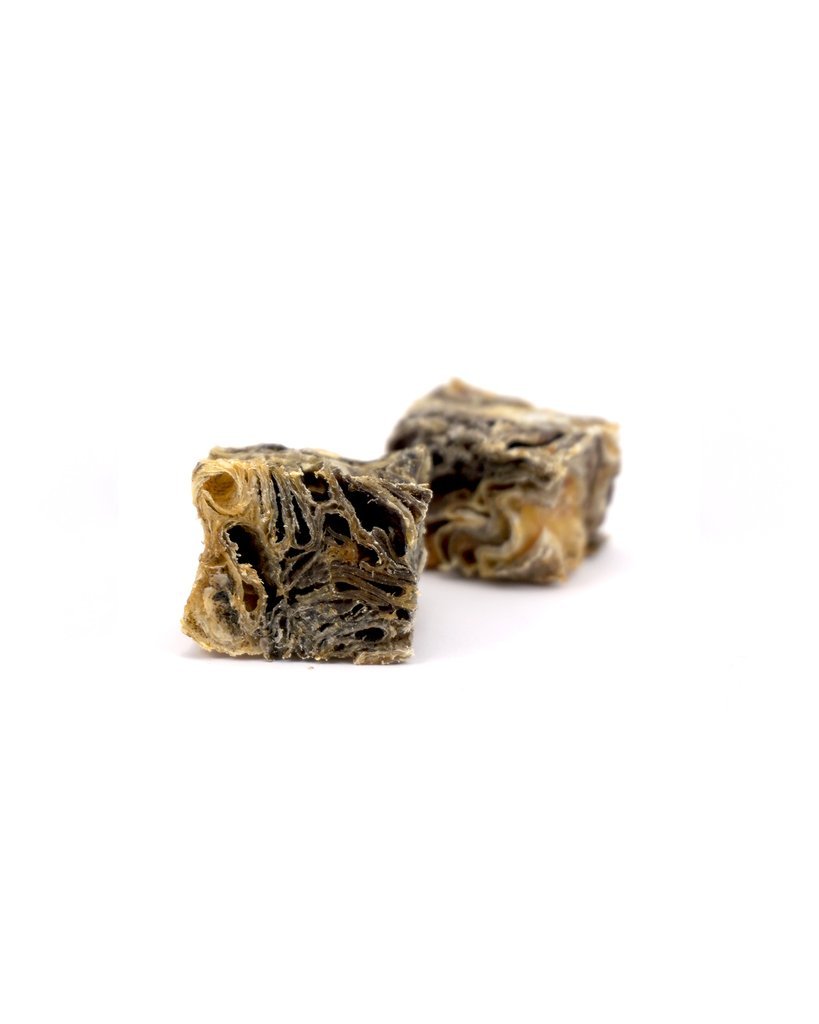Dog Constipation | Causes, Symptoms and Treatments

Is your dog showing signs of discomfort during bathroom breaks? Understanding dog constipation is vital for every dog owner. From identifying its causes and symptoms to implementing effective treatments, gaining insight into this common issue can significantly improve your furry friend's well-being. Learn how to recognise the signs early and discover practical steps to help your dog feel more comfortable and maintain their digestive health.
What is dog constipation?
Dog constipation occurs when your canine companion struggles to pass stool regularly or has difficulty doing so. It can be a frustrating and uncomfortable experience for dogs, often leading to pain and distress.
What are the signs of dog constipation?
-
Difficulty defecating: Your dog may strain or show visible effort when attempting to poo.
-
Infrequent bowel movements: Stools may become less frequent, indicating a disruption in their digestive routine.
-
Dry, hard stool: Constipated dogs often pass dry and hardened faeces, which can be painful to expel.
-
Pain or discomfort: Your dog may whine, whimper, or show signs of discomfort during defecation.
-
Lack of appetite: Constipation can lead to a reduced appetite as your dog may feel bloated or uncomfortable.
-
Abdominal discomfort: Gentle palpation of the abdomen may reveal tenderness or discomfort.
-
Lethargy: A constipated dog may appear less energetic than usual, showing reduced interest in activities.
-
Small amounts of stool: When they do manage to defecate, the amount of stool your dog produced may be minimal.
-
Visible distress: Your dog might exhibit signs of distress, such as pacing or restlessness.
What can cause dog constipation?
-
Insufficient fibre in diet: Diets lacking adequate fibre can lead to the formation of harder stools, making them difficult for your dog to pass.
-
Inadequate water intake: If your dog is not drinking enough water, it can cause dehydration. Dehydration can contribute to dry and compacted stool, exacerbating constipation issues.
-
Ingestion of foreign objects: Accidentally swallowing items such as bones or hair can obstruct your dog's digestive tract, causing constipation.
-
Lack of exercise: Regular physical activity such as regular dog walks is essential for stimulating bowel movements and maintaining overall digestive health.
-
Medical conditions: Conditions like pelvic injuries or neurological disorders can disrupt normal bowel function, leading to constipation.
-
Obstructions: Tumours or masses within the colon or rectum can physically block the passage of stool, causing constipation symptoms.
-
Side effects of medicine: Certain medications may have constipation as a side effect, impacting your dog's bowel regularity.
-
Stress or anxiety: Emotional distress caused by various factors, such as separation anxiety, can affect your dog's digestive health, potentially leading to constipation issues.
What do I do if my dog is constipated?

If you suspect your dog is constipated, it's essential to take proactive steps to alleviate their discomfort and promote healthy bowel movements:
-
Increase water intake: Encourage your dog to drink more water throughout the day. Adequate hydration helps soften stool, making it easier to pass. Consider adding a small amount of low-sodium broth to their water bowl to entice them to drink more.
-
Add fibre to their diet: Introduce fibre-rich foods into your dog's meals. Pumpkin, sweet potato, and plain canned pumpkin (not the spiced pie filling) are excellent choices that can add bulk to stool and promote regular bowel movements. You can also consider commercial high-fibre dog foods or supplements your veterinarian recommends.
-
Gentle exercise: Regular, gentle exercise can stimulate your dog's digestive system. Take your dog for walks or engage them in light play sessions to encourage movement, which can help move stool through the intestines more effectively.
-
Ensure a calm environment: Stress and anxiety can exacerbate constipation in dogs. Provide a calm and quiet environment for your dog, free from loud noises or disruptions. Comfort and reassure them to help reduce any emotional stress that may contribute to digestive issues.
-
Monitor their symptoms: Keep a close eye on your dog's symptoms and overall behaviour. Note any changes in appetite, energy levels, or signs of distress.
What can happen if dog constipation is left untreated?
Leaving dog constipation untreated can lead to a range of serious health issues that can significantly impact your dog's well-being:
-
Impaction: When constipation becomes severe, it can lead to impaction, where hardened stool accumulates and forms a blockage in the colon. This blockage makes it difficult or even impossible for your dog to pass stool normally. If left untreated, impaction can cause severe pain, discomfort, and potentially life-threatening complications requiring immediate veterinary intervention.
-
Rectal prolapse: Persistent straining and pressure during attempts to defecate can lead to rectal prolapse, where the rectal tissue protrudes from the anus. This condition is painful for your dog and requires urgent veterinary attention to correct.
-
Megacolon: Chronic constipation over a prolonged period can lead to megacolon, a condition in which the colon becomes enlarged and weakened. Megacolon makes it increasingly difficult for the colon muscles to contract and move stool through the digestive tract effectively. If not managed promptly by a veterinarian, this condition can lead to chronic constipation, abdominal pain, and further complications.
-
General discomfort: Untreated constipation can significantly impact your dog's quality of life. It can cause prolonged discomfort, pain, and a decrease in overall well-being. Your dog may show signs of distress, restlessness, and a reluctance to engage in normal activities due to ongoing digestive discomfort.
-
Complications from secondary infections: In some cases, untreated constipation can lead to secondary health issues such as urinary tract infections (UTIs) or bacterial infections due to the prolonged presence of stool in the colon. These infections can further complicate your dog's health and require additional veterinary care and treatment.
-
Increased risk in senior dogs: Older dogs are particularly susceptible to constipation due to age-related changes in metabolism and mobility. Untreated constipation in senior dogs can exacerbate existing health conditions and weaken their overall health.
When should I contact the vet?
If your dog experiences constipation, home care measures like increased water intake, dietary adjustments, and gentle exercise can often resolve the issue. However, there are instances where veterinary attention is crucial.
You should contact your vet if your dog's constipation persists despite these efforts. Additionally, seek veterinary care if your dog displays severe symptoms such as visible distress, significant abdominal pain, vomiting or if you observe blood in their stool or urine. Chronic constipation, especially if it recurs frequently or is accompanied by a history of gastrointestinal issues, also warrants veterinary evaluation.
Any noticeable change in your dog's behaviour, such as a sudden decrease in appetite, lethargy, or unusual demeanour changes, should prompt immediate consultation with a veterinarian to ensure prompt diagnosis and appropriate treatment.
How will the vet diagnose a constipated dog?
-
Physical examination: The vet will palpate your dog's abdomen to check for any abnormalities or signs of discomfort.
-
Digital rectal examination: This allows the vet to feel for any masses, blockages, or abnormalities in the rectum or colon.
-
X-rays or ultrasound: Imaging tests may be recommended to visualise the internal structures of the abdomen and identify any blockages or abnormalities.
-
Blood tests: These may be conducted to assess overall health and check for any underlying conditions that could be contributing to constipation.
What is the treatment for dog constipation?
The treatment for constipated dogs varies based on the severity of the condition and the underlying cause identified by your veterinarian. Treatment options typically include dietary adjustments, increased hydration, and, in more severe cases, medical interventions.
Your vet may recommend dietary changes such as adding fibre-rich foods or supplements to your dog's meals to promote regular bowel movements.
In cases where dietary adjustments and increased hydration are insufficient, your vet may prescribe laxatives or stool softeners to facilitate bowel movements further. For more severe or stubborn cases of constipation, your vet may administer an enema to help clear the colon and rectum of hardened stool. In extreme situations where there is an impacted stool, manual extraction under sedation may be necessary to alleviate discomfort and prevent further complications.
Additionally, if constipation is secondary to an underlying medical condition such as pelvic injury or a neurological disorder, addressing the primary condition is essential for effective treatment and management of constipation.
Each treatment approach is tailored to your dog's specific needs and health status, and your vet will provide guidance on the most appropriate course of action to alleviate constipation and ensure your dog's comfort and well-being.
Frequently Asked Questions
What foods help dogs poo?
Foods high in dietary fibre, such as canned pumpkin (unsweetened), sweet potatoes, and green beans, can help add bulk to stool and facilitate easier passage through the digestive tract. These fibre-rich options support regularity and contribute to your dog's overall digestive health. It's important to gradually introduce these foods into your dog's diet and consult with your veterinarian to ensure they are appropriate and beneficial for your dog's needs.





